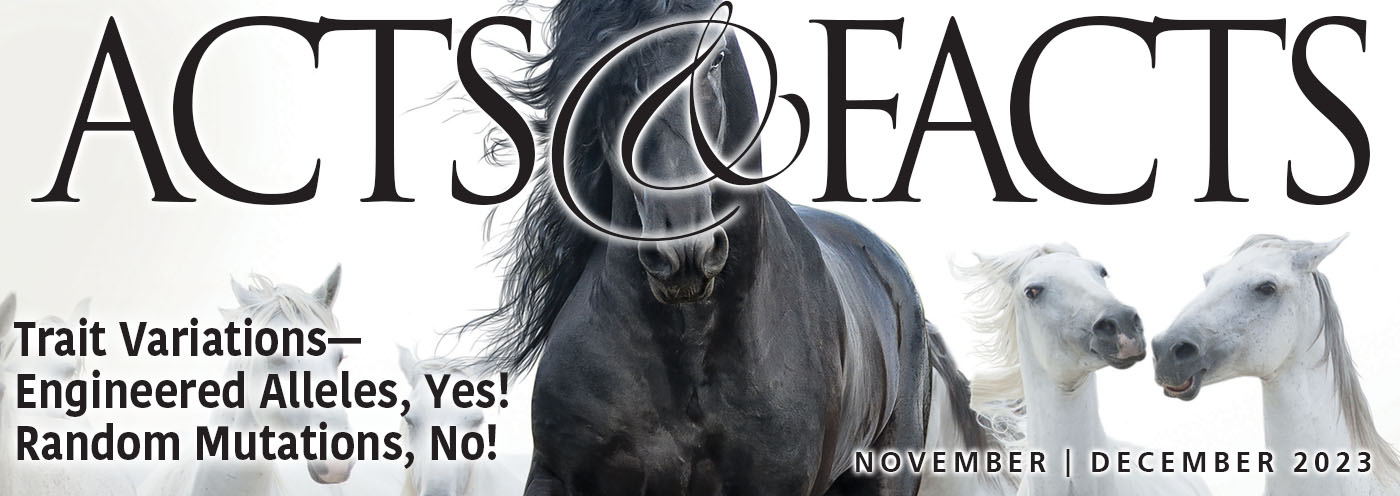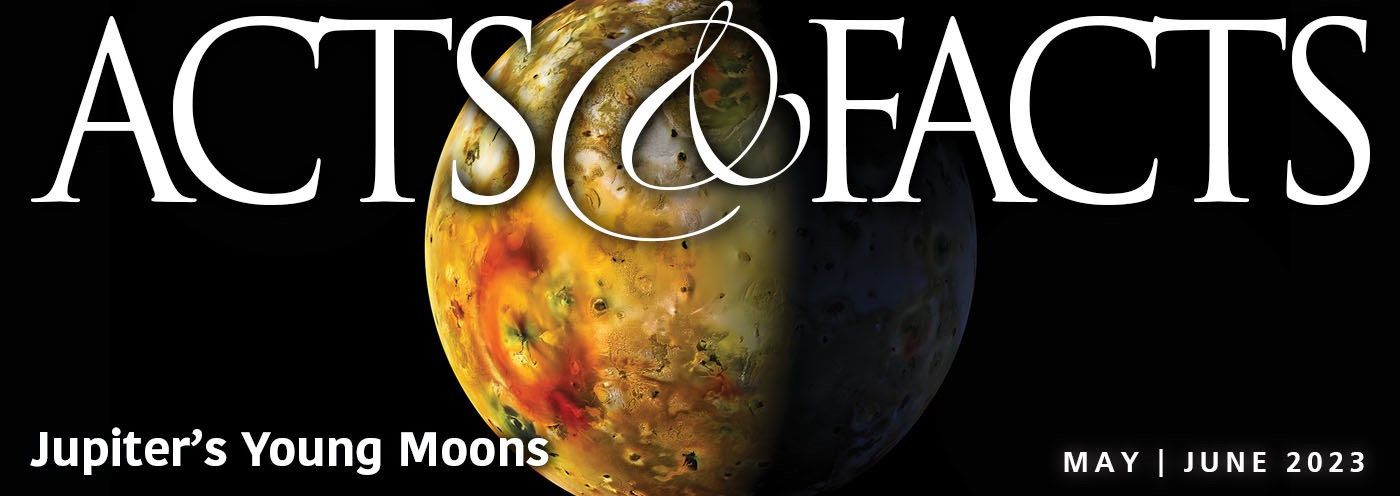A new study out of the University of Rochester has revealed that more people have perfect pitch than was expected. Perfect, or “absolute,” pitch is the ability to recognize or produce a specific musical note without a known reference and has traditionally been associated with musically trained individuals.
A collaboration between the university’s Eastman School of Music and the Department of Brain and Cognitive Sciences, this study developed a method involving replaying certain trios of notes, then testing whether listeners recognized those from among new trios. The researchers discovered that some non-musicians have perfect pitch, a fact that previous tests had been unable to assess since such individuals typically do not have the training necessary to identify musical notes by name.
Research has also yielded an interesting distinction regarding pitch perception in humans and animals.
Humans are unique in that we possess the ability to identify pitches based on their relation to other pitches, an ability called relative pitch. Previous studies had shown that animals such as birds, for instance, can identify a series of repeated notes with ease, but when the notes are transposed up or down even a small amount, the melody becomes completely foreign to the bird.1
In other words, only humans have the ability to recognize a melody that has been modulated even a half step up or down the note scale.
People also experience a complex pattern of brain activity when they recognize sounds by relative pitch. An electroencephalograph study confirmed that the brain’s electrical activity during absolute pitch recognition was “automatic,” but relative pitch recognition involved “broader areas of the cortex over longer periods of time.”2 This suggests that “relative pitch hearing may require more brainpower than perfect pitch.”1
Similarities between humans and apes are often highlighted as indications of an evolutionary relationship. But here is an empirical example of a distinctly human capacity. Among the many other differences between mankind and the animal kingdom, this is a further confirmation of man’s creation as a unique being, with intellectual, creative, and musical abilities that are found in no other creature. Again, empirical science reflects the biblical testimony that man is made in the image of God.3
References
- 'Perfect Pitch' in Humans Far More Prevalent than Expected. University of Rochester press release, August 25, 2008.
- Itoh, K. et al. 2005. Electrophysiological Correlates of Absolute Pitch and Relative Pitch. Cerebral Cortex. 15 (6): 760-769.
- Genesis 1:26-27.
* Mr. Thomas is Science Writer.
Article posted on September 3, 2008.















